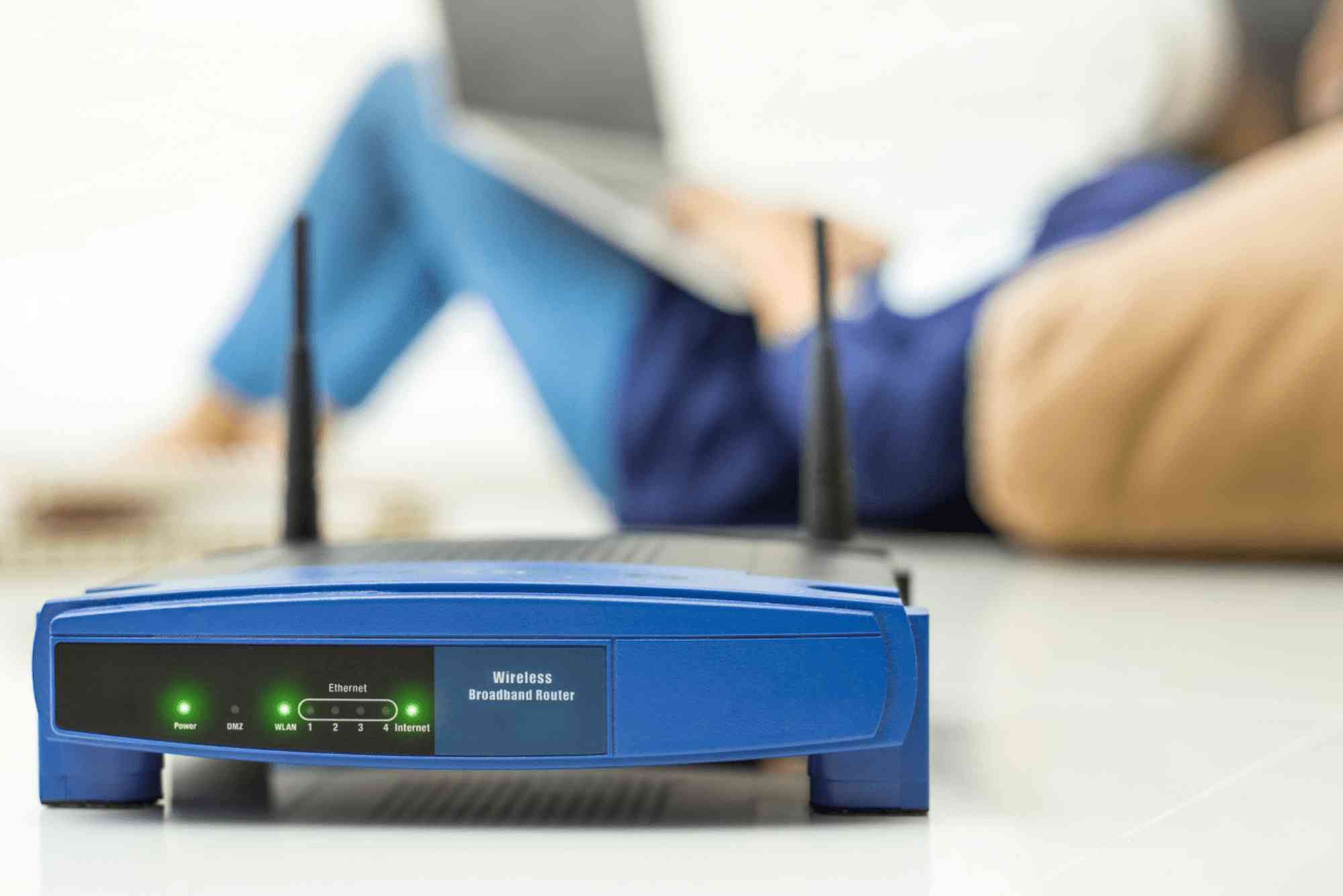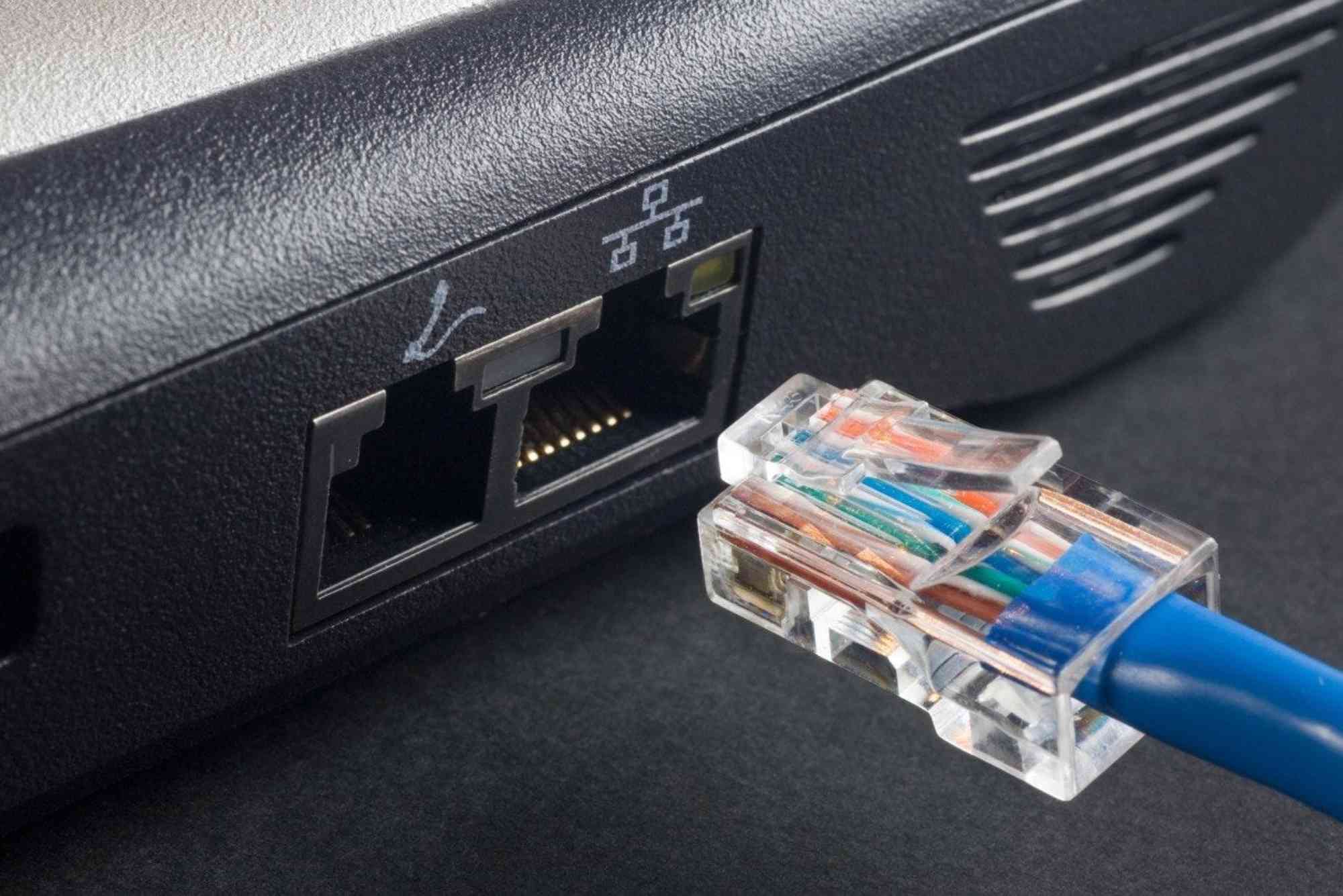Wi-Fi Range Extender vs Access Point: Which One Should You Use?
A stable and fast internet connection is essential for both work and leisure. However, dead zones and weak signals can make browsing frustrating. This is where two popular solutions come into play: Wi-Fi range extenders and access points. Understanding the differences between a Wi-Fi range extender vs access point helps you decide which device suits your needs best.
Understanding Wi-Fi Range Extenders
A Wi-Fi range extender, also called a repeater or booster, is designed to expand the coverage of your existing wireless network. It captures the Wi-Fi signal from your router and re-broadcasts it to areas with weak or no coverage.
How a Wi-Fi Range Extender Works
When installed, the extender communicates with your router and duplicates its signal. Devices within the extended coverage area connect to the extender instead of the main router. While this solves coverage issues, it often reduces network speed because the extender uses the same frequency to receive and transmit data.
Pros of Using a Wi-Fi Range Extender
Extenders are cost-effective and easy to set up. They don’t require cables, making them convenient for apartments or smaller homes. They’re a practical solution for filling dead spots in bedrooms, kitchens, or balconies where Wi-Fi struggles to reach.
Cons of Using a Wi-Fi Range Extender
Despite their convenience, extenders may reduce overall speed, especially when handling multiple devices. They also create a separate network name (SSID), which means you may need to switch manually between the router and extender as you move around.
Understanding Access Points
A wireless access point (AP) is a device that creates a new Wi-Fi network. It connects directly to your router through an Ethernet cable and broadcasts a strong, stable signal to its coverage area. Businesses, schools, and larger homes often use multiple access points to ensure consistent connectivity.
How an Access Point Works
Unlike extenders, access points establish a fresh wireless signal that does not rely on repeating existing Wi-Fi. They connect through wired backhaul, which keeps the network speed high. Users experience seamless roaming between access points because they share the same SSID.
Pros of Using an Access Point
Access points provide faster, more reliable internet compared to extenders. They support more users simultaneously without noticeable performance drops. They are scalable, meaning you can add more APs to cover larger areas like offices, multi-story homes, or outdoor spaces.
Cons of Using an Access Point
Installing access points requires Ethernet cabling, which can be costly and complex in certain environments. They’re generally more expensive than extenders, making them less appealing for quick, budget-friendly solutions.
Wi-Fi Range Extender vs Access Point: Key Differences
When comparing Wi-Fi range extender vs access point, the main differences come down to performance, installation, and scalability.
Coverage and Performance
Extenders offer quick coverage solutions but often sacrifice speed. Access points, powered by wired connections, deliver consistent high performance across larger areas.
Installation Requirements
Extenders are plug-and-play, while access points demand cabling and a more involved setup. If you rent an apartment, an extender may be more practical. For homeowners, investing in access points may provide better long-term value.
Scalability
Extenders work best in small spaces with minor dead zones. Access points, however, can scale to cover entire buildings with seamless connectivity.
Device Capacity
Extenders can slow down under heavy usage, while access points are built to handle dozens or even hundreds of devices at once.
Which One Should You Use?
If you live in a small to medium-sized apartment and need a quick, budget-friendly fix, a Wi-Fi range extender is the better choice. However, if you own a large home, office, or commercial property, an access point ensures stronger, faster, and more scalable coverage.
Ultimately, the decision depends on your internet needs, space size, and budget. For casual streaming and browsing, extenders are sufficient. For professional work, gaming, or high-demand environments, access points are the clear winner.
Expert Recommendation
When evaluating Wi-Fi range extender vs access point, think long-term. An extender may solve immediate issues, but an access point offers a robust network that grows with your needs. For reliable internet solutions and support, you can explore Dhanote Internet Services for tailored options.
FAQs
Is a Wi-Fi range extender the same as an access point?
No. An extender repeats your existing signal, while an access point creates a new one via Ethernet.
Which provides better internet speed, an extender or an access point?
Access points provide faster, more reliable speeds because they use wired connections instead of repeating signals.
Do Wi-Fi extenders reduce internet speed?
Yes. Since they split bandwidth between receiving and transmitting, extenders often reduce overall speed.
Can I use both a Wi-Fi range extender and an access point together?
Yes. You can combine them to improve coverage in different areas, but access points should remain the primary solution.
Which is easier to install: a Wi-Fi extender or an access point?
Extenders are easier because they don’t require cables, while access points need Ethernet connections.
The battle of Wi-Fi range extender vs access point comes down to your space, budget, and performance needs. Extenders are ideal for quick fixes in small spaces, while access points provide reliable, scalable solutions for larger areas.







